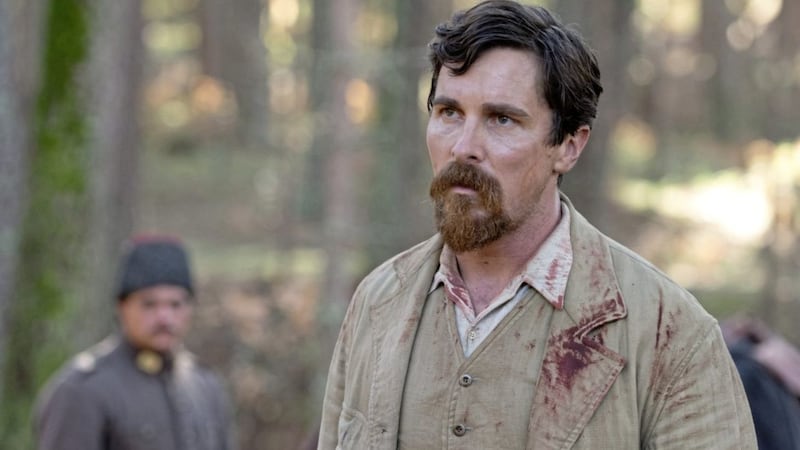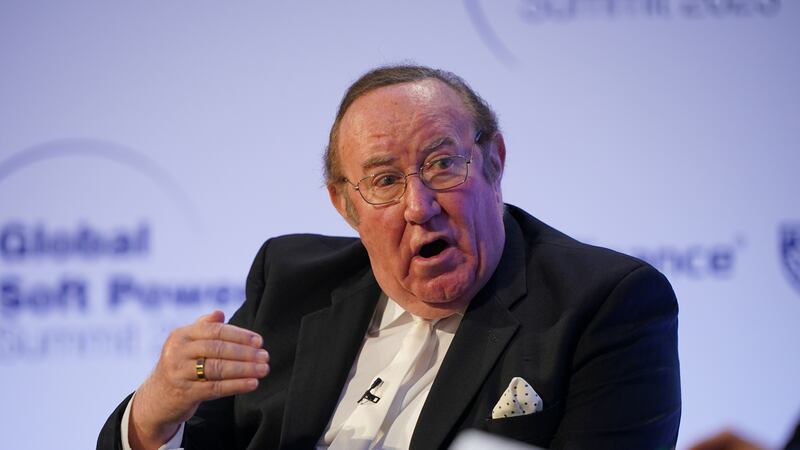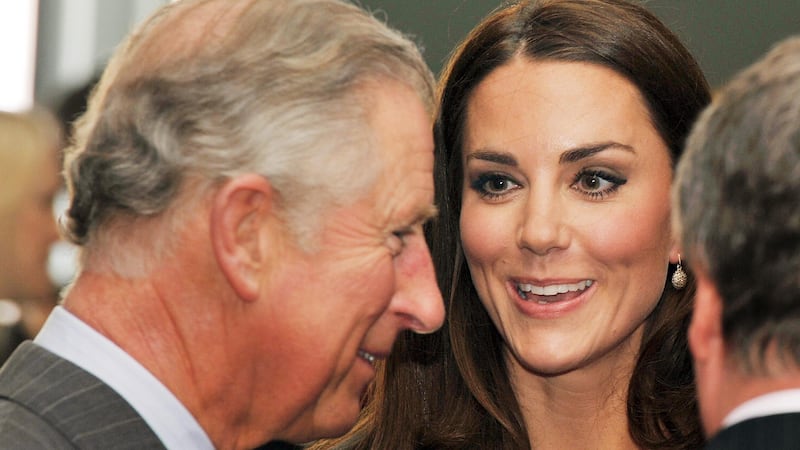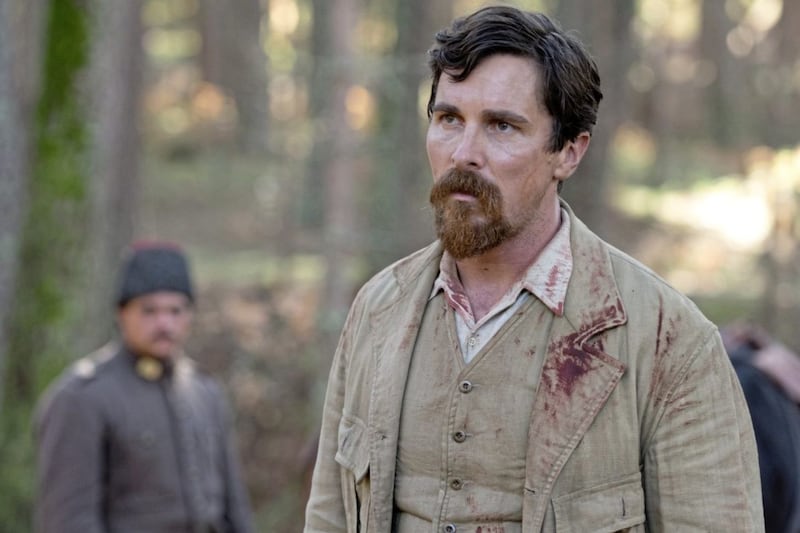AS BELFAST film-maker Terry George’s new movie screened to family, friends and members of the press in his home town on Monday, tens of thousands of people gathered in cities around the world to mark the 102nd anniversary of the start of the Armenian genocide, which is the subject of the film – or is it?
In The Promise George, nominated for an Oscar for Hotel Rwanda (he later won one for his Co Down-filmed short The Shore), revisits a theme that clearly weighs heavy on his imagination – though the Turkish state infamously refuses to recognise the events precipitated on April 24 1915 as genocide.
On that day, a round-up of ethnic Armenian leaders and intellectuals began in Constantinople, in what was then the Ottoman empire; by 1923 an estimated 1.5 million Armenian men, women and children had been killed, massacred in their villages, worked to death in labour camps and starved and shot on forced marches.
It is a historical crime of enormous magnitude, which led to the Polish jurist Rafael Lemkin coining the term genocide.
And yet at times it is relegated to the status of backdrop in what is an ambitious and admirable yet uneven film whose dramatic focus is the love triangle of its central characters.
Of these, Mikael (Oscar Isaac) is an apothecary in a remote Armenian village who wants to study medicine in Constantinople. To fund his studies Mikael becomes betrothed to Maral (Angela Sarafyan), whose father gives him a sizeable dowry; he promises her that he will finish his studies and return to her within two years.
Mikael travels to the capital where he stays with an uncle and his family, befriending a fellow medical student, a Turk whose father is a high-ranking army officer, and falling in love with his nieces’ governess, a worldly yet lovely Armenian called Ana – the second point of the triangle – played by Montreal actress Charlotte Le Bon.
The third love interest is an American journalist played by Christian Bale, who is, as he frequently reminds us, not having been given much else to say by way of dialogue, working for the Associated Press, a witness to history and Ana’s long-term partner.
Things get complicated, as they tend to do with three-way romances (not counting poor Maral back in the sticks, of course). Political and societal tensions are rising too, the First World War continuing and communal violence breaking out as Turkish victimisation of Christian Armenians escalates; Mikael witnesses his uncle’s shop burned out during a sectarian attack on an Armenian district and mass arrests begin.
Mikael returns to Maral, to keep his promise to her and, albeit not wholeheartedly, set up home with her and forget Ana. Events catch up with him, however, the terror of the Ottomans’ anti-Armenian policy proving inescapable.
With its fine, A-list cast, stunning locations (Malta and Portugal stood in for Anatolia) and sumptuously realised period setting, The Promise has a lot going for it. It is epic in scope and in places disturbing and even terrifying. It vividly conveys, for one thing, the horror for frightened civilians of coming under sustained, bone-juddering artillery and mortar fire, death their only realistic hope of release. If it was the director’s conscious desire to call to mind among audiences the plight of helpless innocents in the region today, he certainly achieves that.
And it unflinchingly brings into the light historical events that many people would shamefully like to – and actively try to – sweep under the carpet, making many cinema-goers aware of the Armenian genocide and making it a subject for public discourse worldwide.
But for all that, there are flaws, of tone, pace and characterisation. While it may well be perfectly legitimate for The Promise to lean more towards The English Patient than The Killing Fields (the former, after all, won nine Academy Awards, to the latter’s three – though I know which one is most seared into my memory), it does so at the expense of plausibility. The convolutions of the lovers’ struggles with fate and conscience test audience patience, while abrupt gear shifts end up giving an impression of having crammed too much in – and not necessarily the most important stuff.
THE PROMISE (12A, 133 mins) Drama/Romance/War. Oscar Isaac, Charlotte Le Bon, Christian Bale, Shohreh Aghdashloo, Angela Sarafyan, Rade Serbedzija, Marwan Kenzari. Director: Terry George
RATING: 6/10






